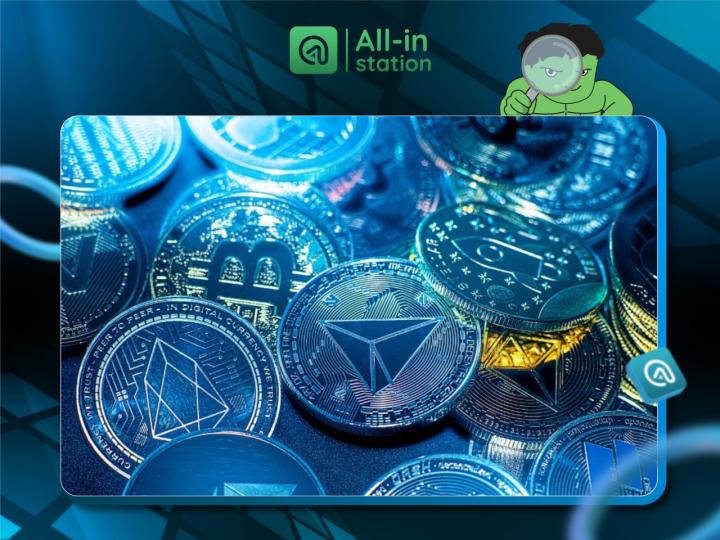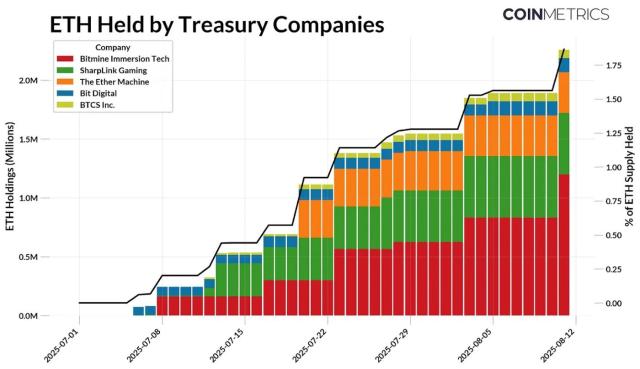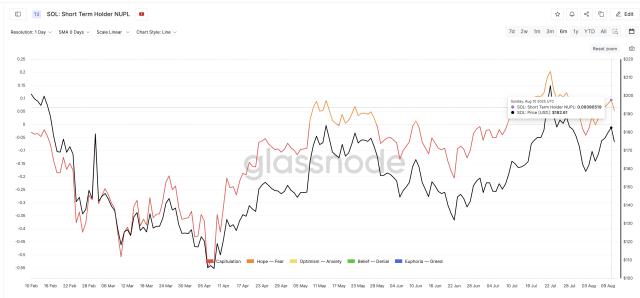As traditional finance gradually accepts blockchain, a new Ripple report highlights the increasing investment of banks in digital assets.
From early-stage funding to quantum security encryption, global banks are reshaping their roles in the evolving financial landscape. This transformation shows blockchain is moving from experimental technology to strategic infrastructure.
Banks are moving beyond testing and proving
Between 2020 and 2024, global banks made 345 blockchain-related investments. A new Ripple report reveals how traditional finance is rapidly entering the digital asset space. These deals show banks see long-term value in blockchain infrastructure and encryption technology.
Leading institutions like JP Morgan, Goldman Sachs, and SBI Group emerged as strong early-stage investors. Most of their deals focused on seed and Series A funding rounds. This reflects their readiness to support platform projects aligned with long-term digital financial strategies.
In Brazil, CloudWalk received over $750 million from Banco Itaú, BTG Pactual, and Banco Safra. The company uses blockchain to optimize domestic payments and has expanded to the US. CloudWalk's funding represents one of the largest blockchain investments by traditional banks.
Germany-based Solaris raised over $100 million in 2024 with participation from Japan's SBI Group. The company launched Germany's first regulated digital asset exchange and security token platform. SBI subsequently acquired a majority stake in Solaris to expand its footprint in Europe.
Another significant deal came from NYDIG's $1 billion funding round in 2021, supported by Morgan Stanley and MassMutual. This funding helped expand NYDIG's institutional bitcoin platform, although the project was eliminated in 2024. However, Morgan Stanley quickly pivoted by offering bitcoin ETF funds through BlackRock and Fidelity.
Despite a downturn in 2022 and consequences from the FTX collapse, bank activity slightly recovered in 2024. Although the number of deals decreased, the total deal value increased annually. This indicates a shift from experimental investments to more strategic, higher-risk moves.
G-SIBs demonstrate cautious but committed participation
Global Systemically Important Banks (G-SIBs) participated in 106 blockchain deals during the same period. This includes 14 large funding rounds and multiple partnerships with crypto companies. G-SIBs primarily avoided full acquisitions, instead choosing flexible collaboration models.
The primary companies supported by G-SIBs include Talos, Fnality, Partior, HQLAx, and TradeWaltz. These startups focus on institutional trading, encryption, wholesale payments, and supply chain digitization. Their platforms aim to address real-world issues in global finance.
Fnality builds inter-bank payment channels using central bank-backed digital currency. Talos connects institutional traders with crypto exchanges and OTC desks. Partior enables real-time cross-border payments through a shared blockchain ledger.
Quantum-secure tokenization marks the next frontier
HSBC stands out with a bold move into quantum-secure blockchain applications. In 2024, the bank tested gold encryption using post-quantum cryptography and quantum random number generation. These technologies aim to protect digital assets from future quantum computing threats.
HSBC launched a Gold Token for retail customers in Hong Kong in March 2024. This token provides fractional ownership of physical gold through a regulated blockchain platform. This is a significant step in bringing encrypted assets to everyday investors.
Such innovations reflect growing belief that encryption enhances liquidity, accessibility, and efficiency in financial markets. Fractional ownership models are expanding investment opportunities for more participants. Organizations are positioning themselves to leverage this transformation.
Leading banks are building exclusive digital asset systems like JP Morgan's Kinexys and HSBC's Orion. Meanwhile, regional banks are forming partnerships with fintech companies or participating in shared infrastructure projects. A 2022 survey showed 11% of community banks in the US plan to offer crypto services.
As competition intensifies, many banks are likely to pursue this trend. Blockchain is no longer an experimental case. It is becoming a core element of modern financial infrastructure.







